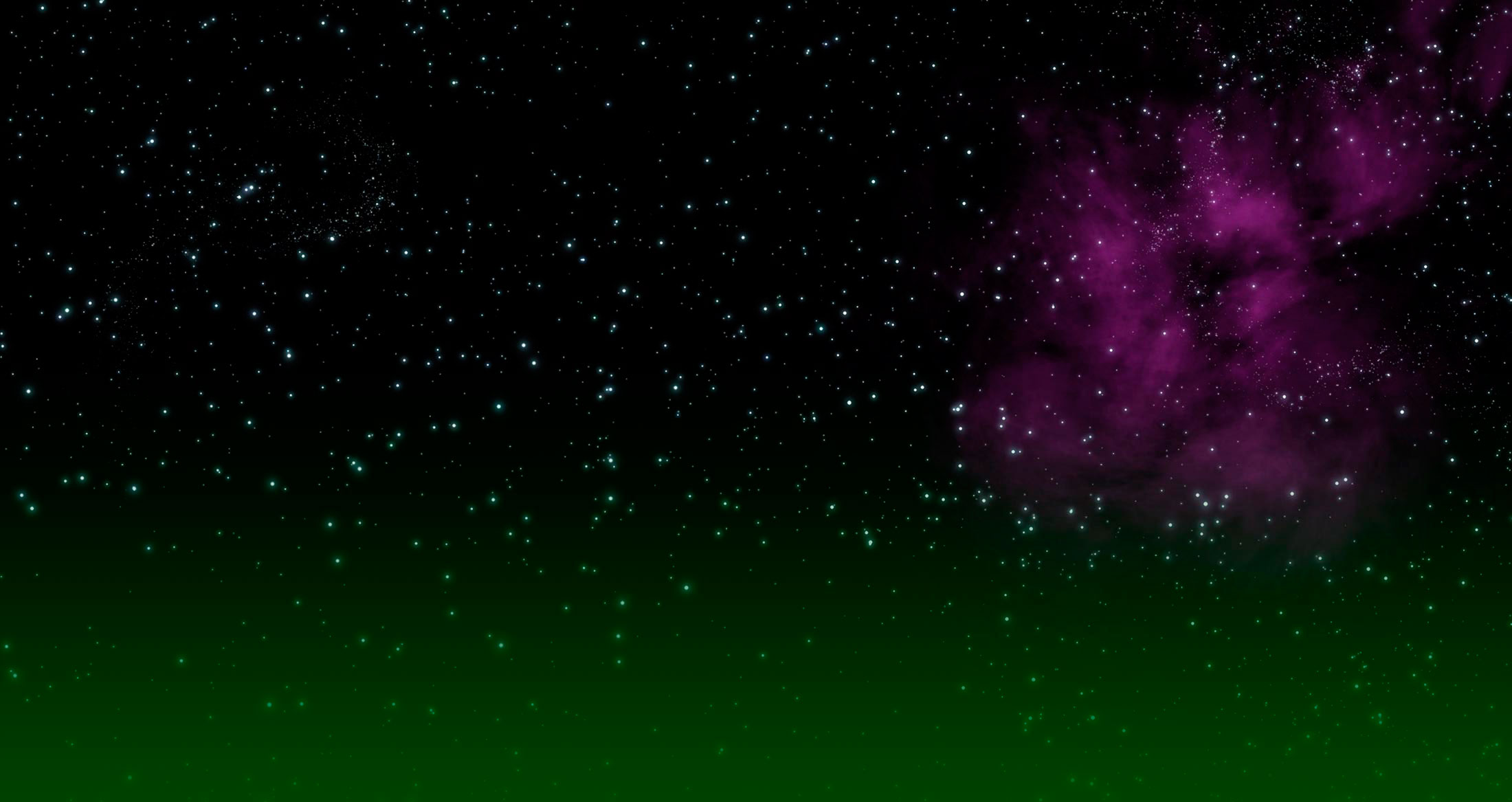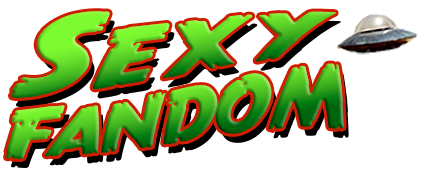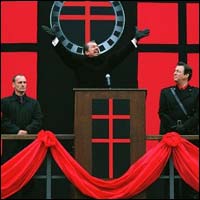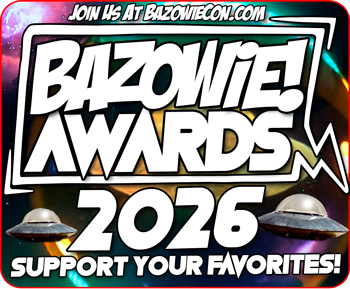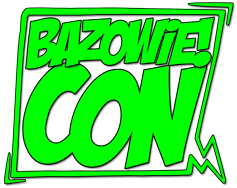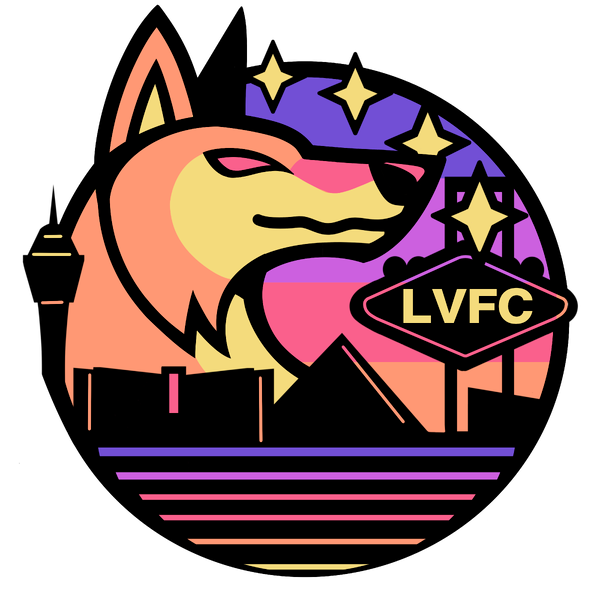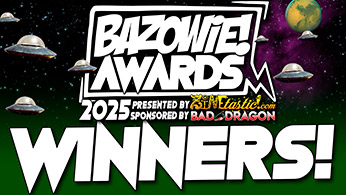The overwhelming majority of dystopias have some connection to our world, but often in an imagined future or an alternate history. Furthermore, the dystopia was brought about as a result of human action or inaction, whether stemming from human evil or mere stupidity. A far distant future where the heat death of the universe makes human life difficult is not dystopian, as human beings are not responsible for entropy.
Dystopian societies usually exhibit one or more of the traits on the following list:
* A Utopian society with at least one fatal flaw.
* An apparently Utopian society, free of poverty, disease, conflict, and even unhappiness. Scratching the surface of the society, however, reveals exactly the opposite. The exact problem, the way the problem is suppressed, and the chronology of the problem form the central conflict of the story.
* Social stratification, where social class is strictly defined and enforced, and social mobility is non-existent (see caste system). See, for example, Brave New World’s prenatally designated Alphas, Betas, Gammas, Deltas, and Epsilons.
* A nation-state ruled by an upper class with few, or no, democratic ideals. Note that non-democractic societies are commonplace in historical fiction, fantasies taking place in historical settings or fantasy worlds, and in science fiction, particularly in planetary romance and galactic empires, but few of these societies are regarded as dystopian. In these cases, the hierarchical structure is a result of economic and social forces implicit in the society. The lack of democracy becomes a dystopian feature when the government is clearly imposed by force on a citizenry capable of self-government, particularly when the government hold some pretense of democratic ideals, as when children of the Party members in 1984 are admitted to the Party based on a test, while non-Party members’ children simply vanish if it appears they would pass the test.
* Conversely, a ruthlessly egalitarian society, in which ability and accomplishment, or even competence, are suppressed or stigmatized as forms of inequality, as in Kurt Vonnegut’s “Harrison Bergeron”.
* A bloated welfare state, in which total freedom from responsibility has encouraged an underclass prone to any form of antisocial behavior, and productive contributors to society, particularly those trying to escape the underclass, are burdened with taxes punitive in effect, if not intent.
* Total control by the state of all economic activity. Private ownership may still exist, but the owners are controlled by the state. Black markets may exist, or not, but on the whole, freedom to engage in economic activities is severely limited in these dystopias, which may suppress any form of innovation as disruption, as in Ayn Rand’s Anthem.
* A totally or near-totally socially privatized world without a democratic republican state or with a state that only serves the business sector – business and private contractors own and control all of society and social organization, as in the movie Blade Runner, The Fifth Element and most Cyberpunk literature, as well as comics like Hard Boiled by writer Frank Miller and artist Geoff Darrow and the Judge Dredd series created by writer John Wagner and artist Carlos Ezquerra. There are usually many “small dictators” – essentially competing corporations and robber barons instead of one leader, with either a single police force that makes sure the system runs smoothly, or many small police forces hired by each corporation. Individuals with no wealth or social power are suppressed and miserable.
* State propaganda programs and educational systems that scare most citizens into worshipping the state and its government, in an attempt to convince them to believe that life under the regime is good and just, e.g. Alan Moore’s V for Vendetta.
* Strict conformity among citizens and a general assumption that dissent and individuality are bad, as in We, where people are permitted to live out of public view for only an hour a day, and are not only referred to by numbers instead of names, but are neither “citizens” nor “people”, but “numbers.”
* A state figurehead that people worship fanatically through a vast personality cult, such as Nineteen Eighty-Four’s Big Brother, We’s The Benefactor, or Equilibrium’s Father.
* Fear of, or disgust at, the world outside the state.
* A common view of traditional life as primitive and nonsensical.
* Alternatively, complete domination by a state religion, e.g the Sisterhood of Metacontrol in FAQ: Frequently Asked Questions, the Technopriests in The Incal or fundamentalist Christianity (with elements of reconstructionism) in Escape from L.A..
* The “memory” of institutions overriding, or taking precedence over, human memory.
* A penal system that lacks due process laws and often employs psychological and/or physical torture, e.g. Alan Moore’s V for Vendetta.
* A lack of the key essentials of life for many citizens, as with food shortages. If the cause of this is clear, it is not natural disaster or crop failure, but deliberate engineering.
* Constant surveillance by governments or other agencies.
* Absence, or total co-option, of an educated middle class (such as teachers, journalists, and scientists) who might criticize the regime’s leadership.
* Militarized police forces and private security forces.
* The banishment of the natural world from daily life, as when walks are regarded as dangerously antisocial in Ray Bradbury’s Fahrenheit 451.
* Construction of fictional views of reality that the populace is coerced into believing.
* Corruption, impotence, or other usurpation of democratic institutions.
* Conversely, a strict majoritarian democracy, which tramples on the rights of minorities, or continually sacrifices the well-being of society to maintain the majority rule, or both.
* Fictional rivalries between groups that actually operate as a cartel.
* Insistence by the establishment that:
o It provides the best of all possible worlds;
o All problems are due to the action of its enemies and their dupes.
* An overall slow decay of all systems (political, economic, religion, infrastructure. . .), resulting from people being alienated from nature, the State, society, family, and themselves. Yesterday was better, tomorrow will be worse.
In dystopian societies, the economic system centers on stability and is structured so that the government or the economic system is immune to change or disruption. Usually, the industries operate at maximum efficiency and capacity, and then the excess products or currency is absorbed in some way by the state. In Nineteen Eighty-Four, people are put on rations, and excess production is absorbed in the “war” that is always occurring with either Eurasia or Eastasia. In Brave New World, excess production is sucked by extreme consumerism, encouraged by the government. In the One State depicted in We, there is no currency or exchange whatsoever, either inside or outside the walls of the society, but everything is provided to the people. (via Wikipedia)
